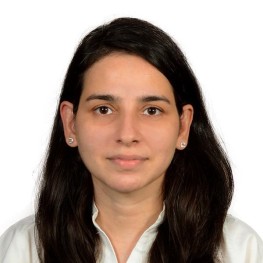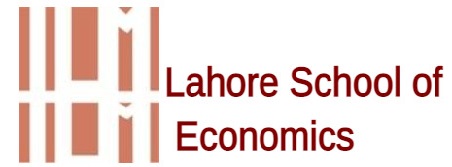Mariam Zia
Dr. Mariam Zia is Assistant Professor and Coordinator, Department of Social Sciences, Lahore School of Economics. She is a research affiliate with Harvard University’s South Asia Institute where she was the Syed Babar Ali Fellow in Spring 2023. Dr. Zia received a gold medal for her MA in English Language and Literature (Punjab University) and a Merit Pass for her MA in English Literature-Critical Theory from the University of Sussex, UK where she specialised in Marxism and Creative Writing, Psycholanalysis and Creative Writing, Deconstruction and Creative Writing, and The Migrant Writer-Postcolonial Theory. Her PhD in Critical Theory from the University of Sussex is the first full-length study of the one-volume Dastan-e Amir Hamza in English. Dr. Zia continues her work in dastan and qissa literature. Dr. Zia’s work has appeared in Oxford Literary Review, Textual Practice, Marvels & Tales, and The Journal of the Fantastic in Arts among others. Her areas of interest include the uncanny, storytelling, translation, and culture/s.

